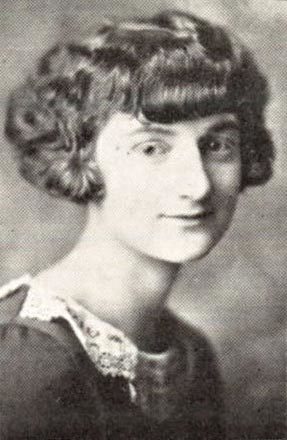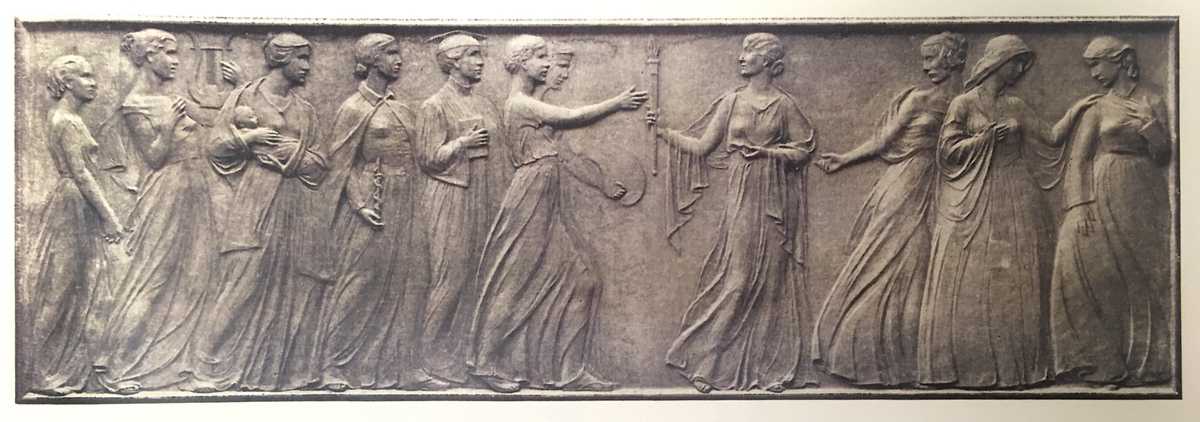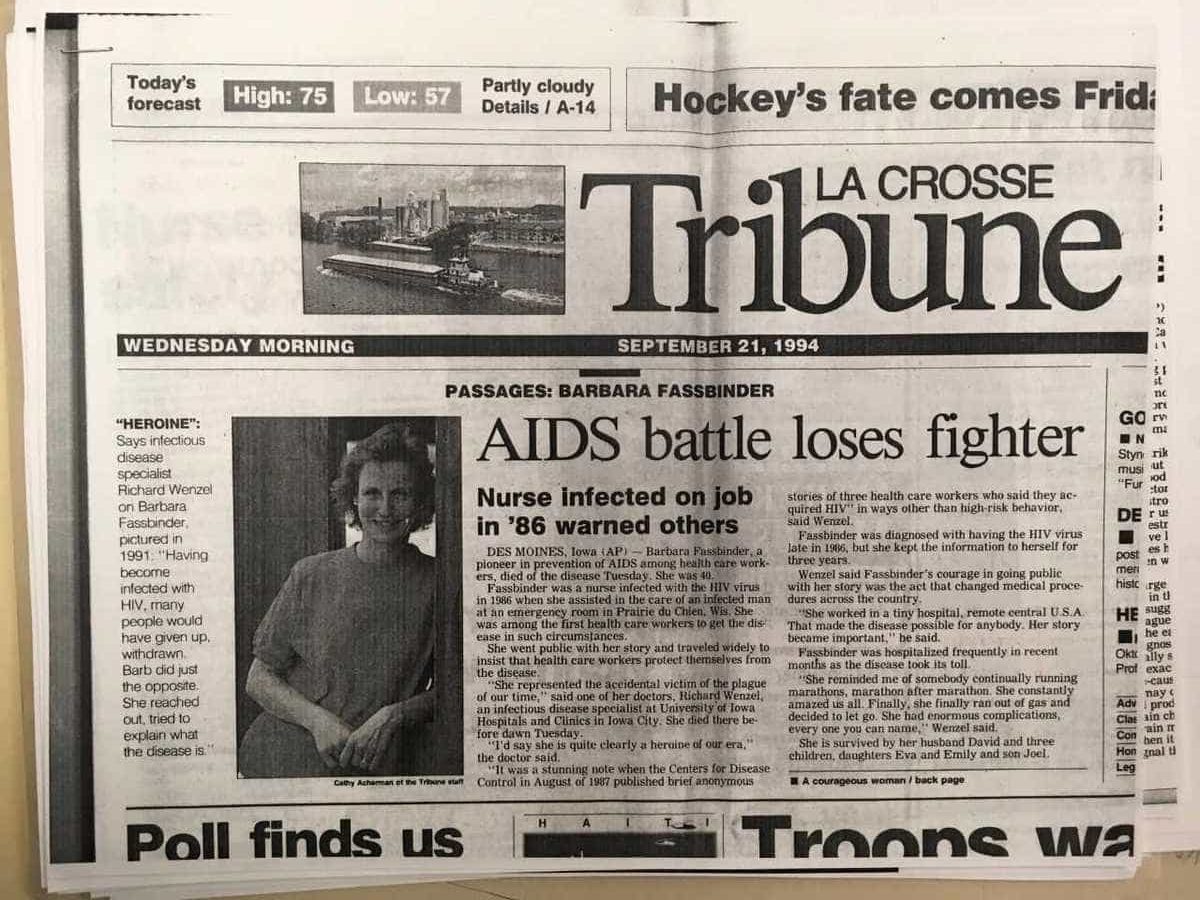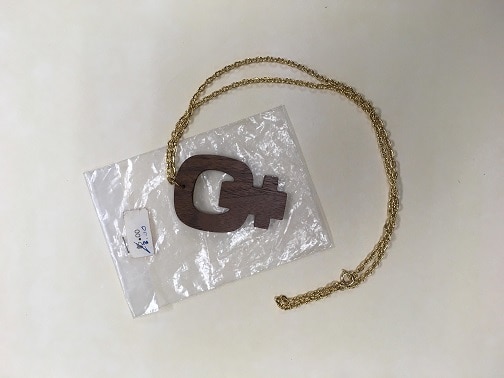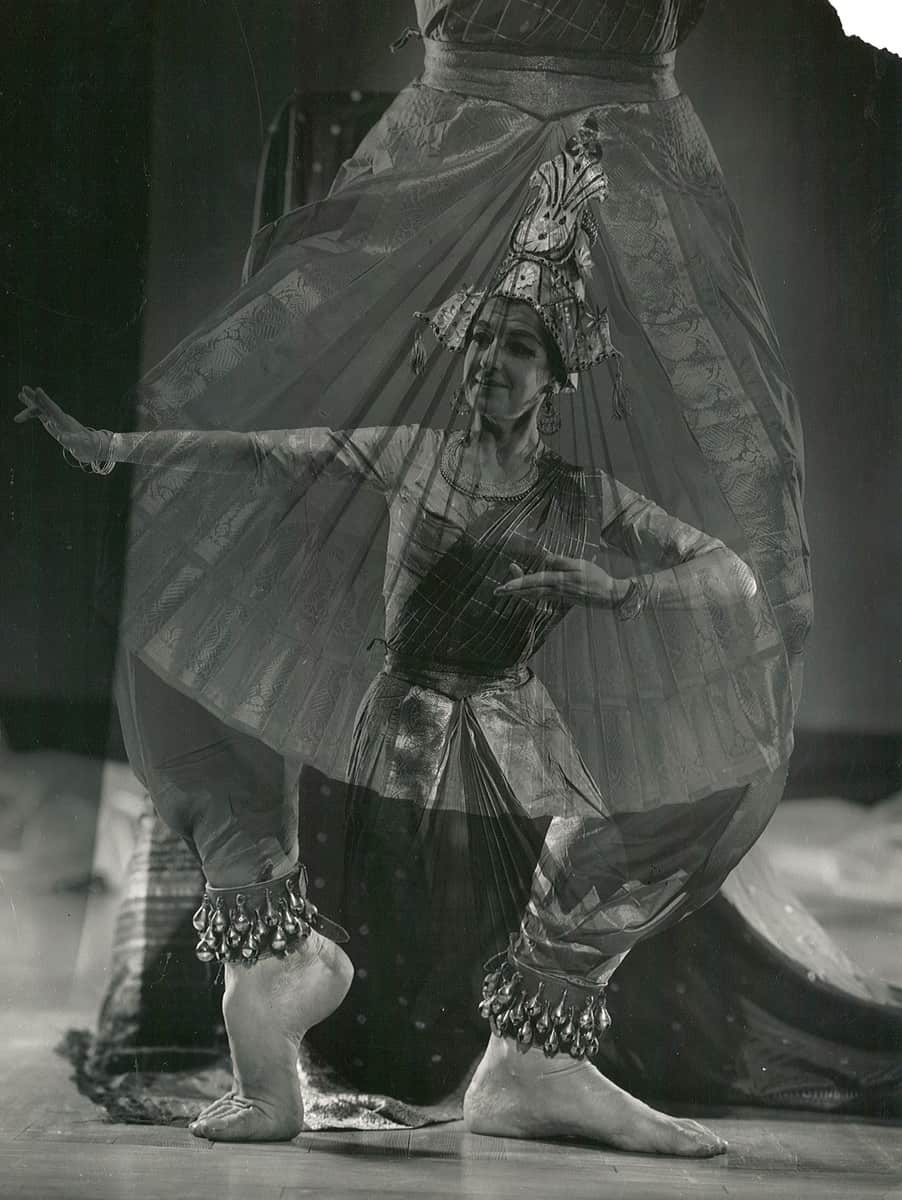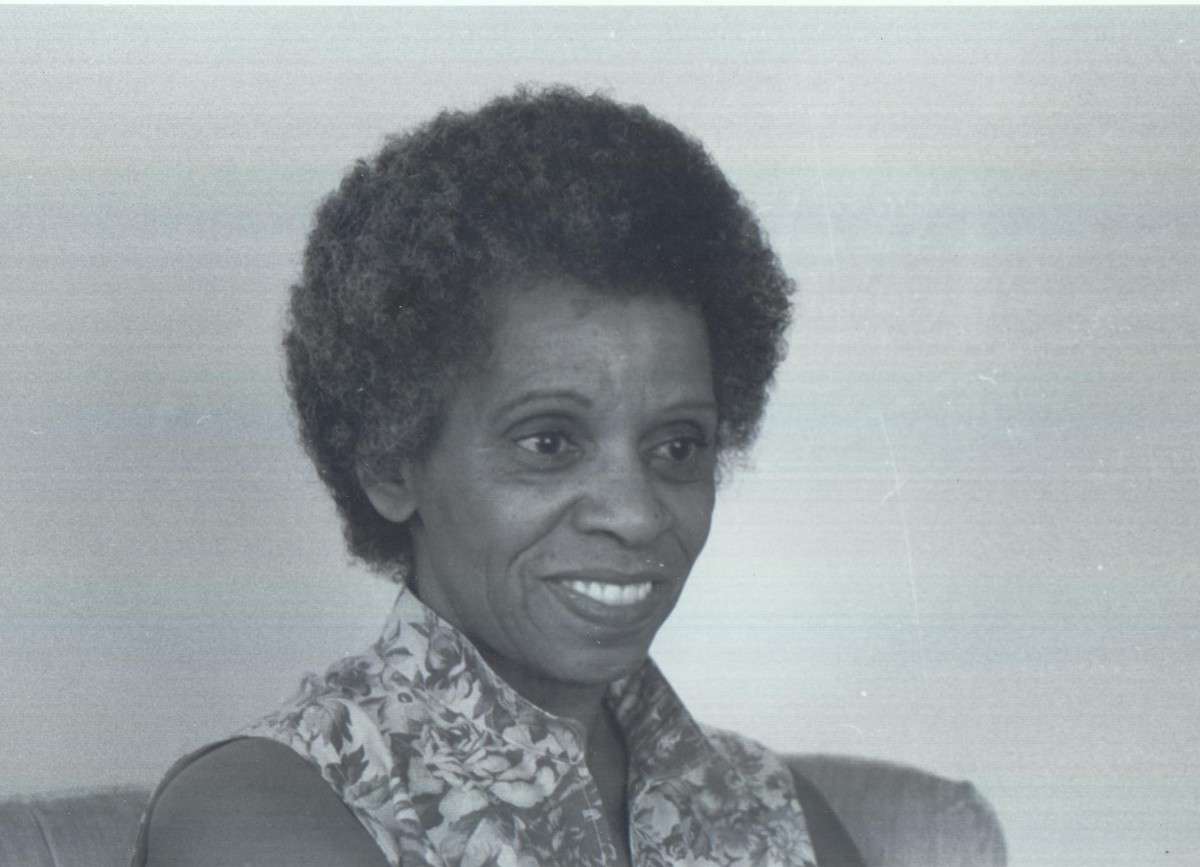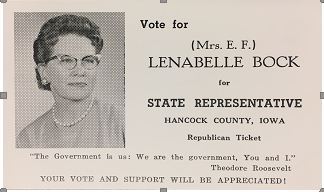Over the next year, we’ll be celebrating the 100th anniversary of women’s suffrage in the United States. Already, we’re marking important dates. 100 years ago on June 4th, Congress passed the 19th amendment, and July 2nd was the 100th anniversary of Iowa’s becoming the tenth state to ratify it. Women’s suffrage is one of theContinue reading “Feminist Activism on Display in IWA”
Category Archives: Exhibits
Playing, Pretending, Becoming: Iowa Girls and Their Dolls
Shirley Briggs had a lot of toys. As a very little girl in the early 1920s, Shirley had dozens of pictures taken of her ensconced in an oversized chair with children’s book, playing in a wheel barrow, sitting in the sun, all with a coterie of stuffed animals and dolls. The most frequent companion, andContinue reading “Playing, Pretending, Becoming: Iowa Girls and Their Dolls”
New Website Celebrates Mildred Wirt Benson, the First Carolyn Keene
In 1930, the Stratemeyer Syndicate published the first Nancy Drew mystery, The Secret of the Old Clock by Carolyn Keene. Since then, Nancy Drew has become known around the world. But who was behind Carolyn Keene? The mystery of the pseudonym persisted until a 1980 court case identified Mildred Wirt Benson, a journalist and IowaContinue reading “New Website Celebrates Mildred Wirt Benson, the First Carolyn Keene”
Ordinary People, Extraordinary Things: Iowans of the Greatest Generation
In the window of the Main Library Gallery sit two bags, a trunk, an Army uniform, and the navy nurse’s cape that Evelyn Crary Bacon wore as a student at the State University of Iowa (now the University of Iowa.) What do all of these items have in common? They belonged to members of “TheContinue reading “Ordinary People, Extraordinary Things: Iowans of the Greatest Generation”
25 for 25: Iowa Suffrage Memorial Commission
It is in part thanks to the Iowa Suffrage Memorial Commission that the IWA has such a collection of materials on the suffrage movement in Iowa. The commission, incorporated in 1922, was organized “to commemorate the efforts of the Pioneer Suffragists and the long procession of workers who helped secure the final enfranchisement of women.”Continue reading “25 for 25: Iowa Suffrage Memorial Commission”
25 for 25: Nurses and nursing
The collections in the Iowa Women’s Archives feature women from all walks of life. For Karissa Haugeberg, Assistant Professor of History at Tulane University, the papers regarding nursing and nurses are of special interest. Collections in this broad topic include papers authored or co-authored by Geraldene Felton, Professor and Dean of the College of NursingContinue reading “25 for 25: Nurses and nursing”
25 for 25: Equal Rights Amendment
The Iowa Women’s Archives features several collections related Iowa’s rejected 1980 Equal Rights Amendment (ERA), which was the first state ERA initiative after the passage of the national ERA in 1972. These include the Iowa ERA Coalition papers, and the Iowa Women Against the ERA papers. Both collections were of use to Celeste Campos-Castillo, AssistantContinue reading “25 for 25: Equal Rights Amendment”
25 for 25: Dieman-Bennett Dance Theatre of the Hemispheres
“Diversity in Dance.” This was the motto of Edna Dieman and Julia Bennett when they founded the Dieman-Bennett Dance Theatre of the Hemispheres in 1951. The Cedar Rapids dance school operated until 1997, with classes in classical ballet, as well as dance styles from Spain and India. Miss. Dieman and Miss. Bennett, as theyContinue reading “25 for 25: Dieman-Bennett Dance Theatre of the Hemispheres”
25 for 25: Edna Griffin
Edna Griffin’s civil rights activism earned her the title of the “Rosa Parks of Iowa.” Griffin moved to Des Moines with her husband and children in 1947 and by 1948 she was agitating for change. She led a campaign to desegregate the lunch counter at the local Katz Drug Store, organizing picket lines, and filingContinue reading “25 for 25: Edna Griffin”
25 for 25: Lenabelle Bock
Today, the Iowa Women’s Archives commemorates Lenabelle Bock. Bock, whose name is spelled variously Lenabelle and Lena Belle, was politically active in Iowa for over twenty-five years before her election to the Iowa House of Representatives. Bock, a Republican, campaigned for and won the House seat for Hancock County. She was one of five women electedContinue reading “25 for 25: Lenabelle Bock”


